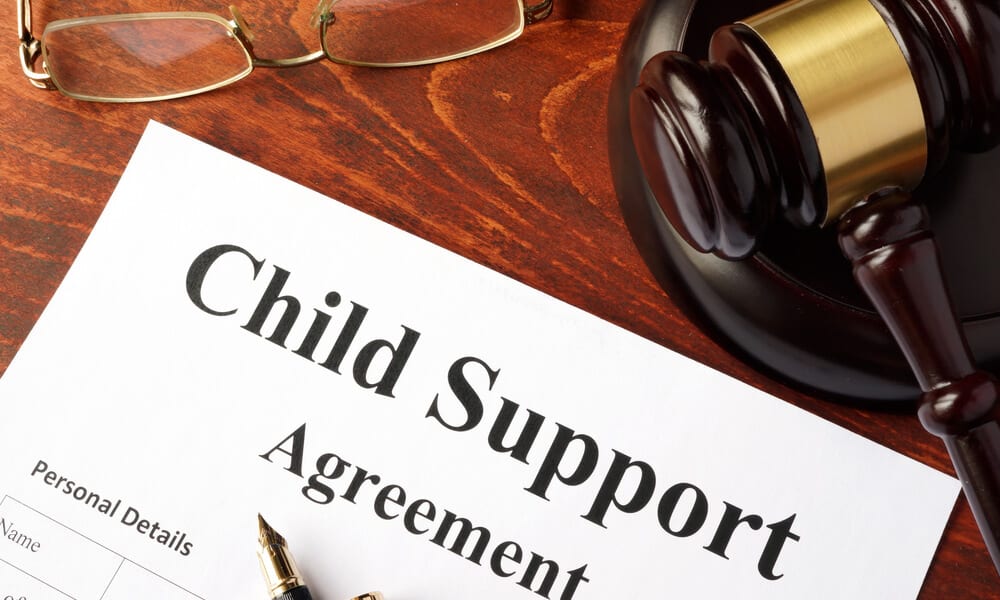Can You Escape Child Support Payments if VA Benefits Are Your Only Income? The Shocking Truth
For veterans whose primary income comes from VA benefits, understanding how these funds interact with child support obligations is crucial. Child support must still be paid, even if VA benefits are your only income source. This article explores the intricacies of how VA benefits and child support are linked and guides navigating potential challenges.

How VA Benefits Affect Child Support Obligations
Child support obligations are legally enforced through court orders. If the child’s other parent secures a court order for child support, compliance is mandatory, regardless of income source. In some situations, a court may order garnishment of VA benefits to satisfy child support payments.
The garnishment of VA benefits depends on the type of benefit you receive:
- Disability Benefits: Generally, these benefits are exempt from garnishment for child support payments.
- Military Retirement Benefits: These can often be garnished to pay child support, but only the portion not combined with disability benefits.
- Combined Retirement and Disability Benefits: A court may garnish part of these benefits for child support.
Even if the funds are deposited into your bank account, they may still be subject to garnishment, depending on specific circumstances:
- Accounts holding more than two months’ worth of benefits can have the excess amount garnished.
- Accounts with less than two months’ worth of benefits are typically protected.
Transferring VA benefits to another account could make the entire amount vulnerable to garnishment.
Apportionment and Non-Garnishable Benefits
If direct garnishment isn’t possible, the other parent can request an “apportionment” through the Department of Veterans Affairs (VA). Apportionment allows the VA to send a portion of your benefits directly to the other parent as child support. This process ensures that financial obligations to the child are met, even when garnishment isn’t applicable. However, the amount apportioned is determined by the VA and based on factors such as the veteran’s income and the needs of the child.
Consequences of Non-Compliance
Failing to meet child support obligations can result in serious consequences. Depending on the state, enforcement may be pursued through the courts or the Department of Child Support Services (DCSS). Potential penalties include:
- Wage withholding
- Negative impacts on your credit report
- Suspension of licenses (e.g., driver’s or professional)
- Property liens

If you’re facing difficulties meeting your child support obligations, it’s essential to act proactively. Seeking legal advice or working with the court to request a modification of the child support order can help prevent severe penalties. Courts may consider factors like changes in income or financial hardship when revising support requirements.


Comments are closed, but trackbacks and pingbacks are open.